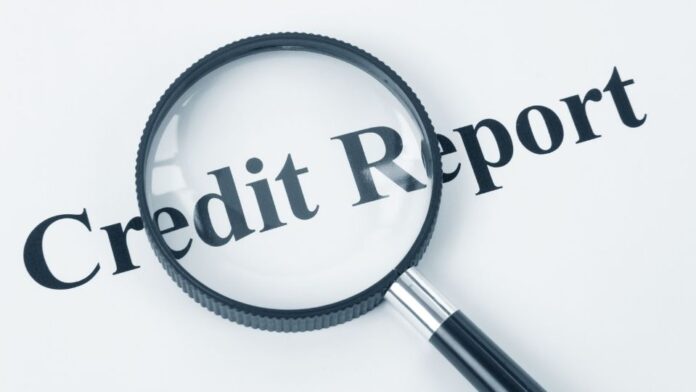Detecting an error in your credit report could prove to be quite frustrating. These mistakes could have a serious adverse effect on your overall credit score. A credit dispute should be submitted to the credit reporting or credit monitoring bureau as an initial step forward in the direction towards elimination and rectification of inaccurate data or information and boosting your overall credit score. Mistakes present in precisely your credit report could be costing you an opportunity to purchase a car or a home and probably raise the specific interest rate that you would need to pay when you obtain a loan approval.
What should be your next proactive step? How do the credit reporting bureaus resolve the issue? What is the impact of a dispute on specifically your credit score? Let us explore more about credit report disputes.
How Are You Expected to Dispute a Negative Entry in Your Credit Report?
As a citizen of the United States, you enjoy the right to an accurate and fair credit report and you are free to dispute information that appeared on your credit report in the event you find it inaccurate. You need to be alert about identifying errors while meticulously browsing through your credit report. You could follow easy DIY steps for disputing your credit mistakes or simply get in touch with expert personal finance analysts for getting the job done promptly and with no hitches. You are supposed to initiate the proceedings with a formal credit dispute letter.
What Happens After Opening A Dispute?
Your disputed information would be assessed by the credit reporting bureau but while the disputed entry is being reviewed or examined, it is not marked as disputed on your specific credit file. Remember all three credit bureaus are having their own distinctive process to effectively deal with disputes. They would be contacting the creditor or the individual who had come up with the information that is currently being demonstrated on your credit report.
TransUnion Dispute
TransUnion would be following up with the creditor or the specified person who had provided or reported the information. Depending on the accurate and rectified information provided by you and the previous inaccurate information supplied by the creditor, the credit reporting bureau would be coming to the right decision regarding the dispute.
A dispute with TransUnion typically takes around 30 days for completing the investigations regarding the credit report discrepancies reported by the victim and providing the outcomes. However, it is best to be mentally prepared to get the results around 45 days later. TransUnion would not be rectifying your credit file while the investigation is in progress. Moreover, the disputed data or information would be removed, provided the creditor fails to respond promptly to the disputed issue.
Experian Disputes
Experian would be following up with the creditor or the specified person who had provided or reported the information. The creditor gets just 30 to 45 days from the submission. In certain other states, the creditor gets a relatively shorter time limit. Once Experian obtains a response, it alerts you regarding the out outcomes of the investigation. Experian would be rectifying the disputed data as requested. All through the investigation process, you would never find Experian leaving behind a comment, or writing a relevant note or it reveals indications of any ongoing disputes on your specific credit report.
Equifax Disputes
Equifax disputes are resolved within 10 days on most occasions though they notify you that your dispute results would come within 30 days. Unlike TransUnion or Experian, we understand that Equifax marks the information as “Consumer Dispute-Reinvestigation is in Process”.
Conclusion
The initial investigation that is conducted by the credit reporting bureaus doesn’t seem to be meticulous. The documentation provided by the creditor for verifying the debt may not be good enough. Hence, it is quite likely that your initial dispute may be denied and the error may still remain in your credit report.




